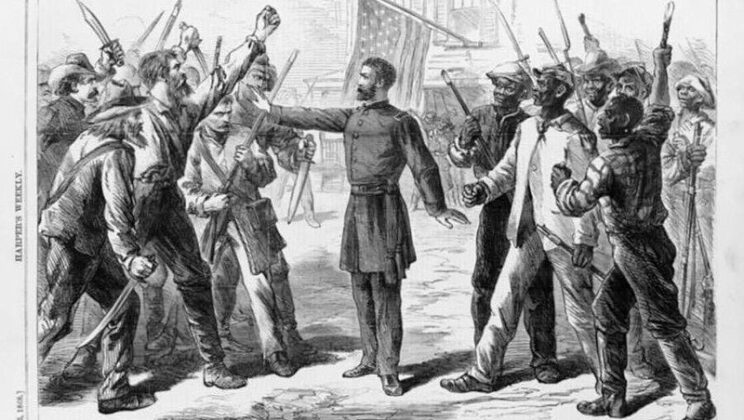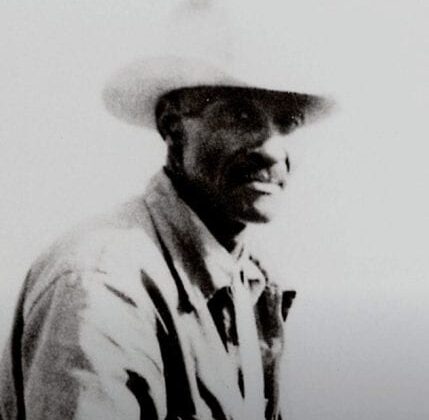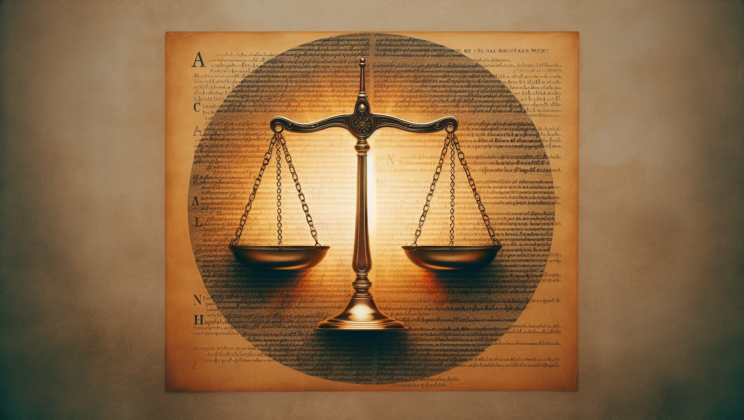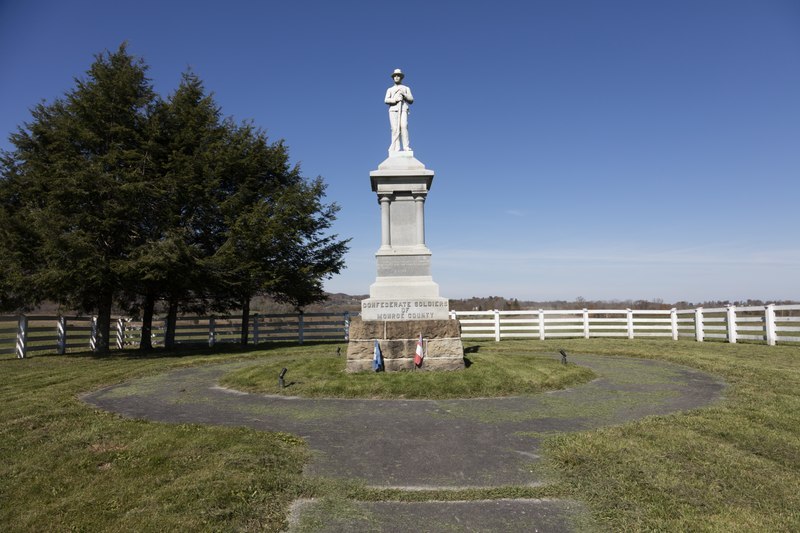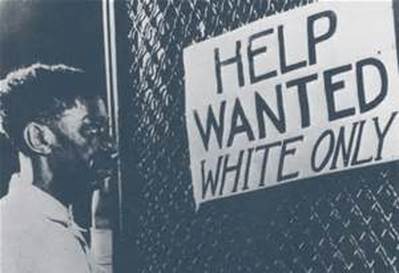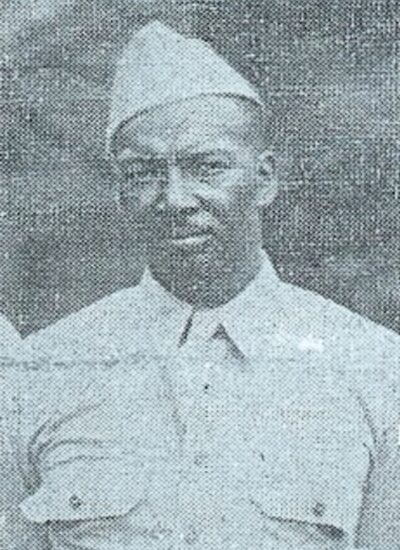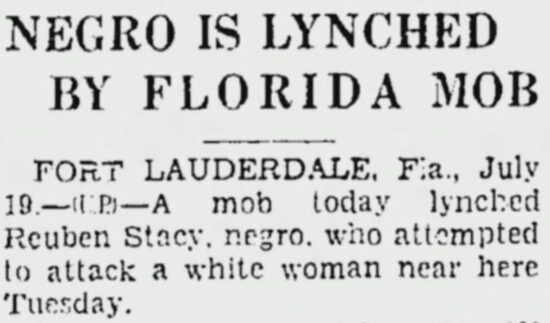In 1919, several interrelated factors intensified racial tensions in the United States. During Reconstruction, African Americans gained significant political and legal rights, such as voting and holding public office. However,…
Category: Racial Violence
To Preserve Slavery, Nothing Was Sacred. Not Even The Bible
The Slave Bible exemplifies how religion was weaponized to sustain slavery. Officially titled Parts of the Holy Bible, Selected for the Use of the Negro Slaves, in the British West-India…
The race riots of East St. Louis and Springfield. A stark reminder of the violence and racial division that persisted then and now in America.
The East St. Louis race riot of 1917 stands as one of the darkest moments of racial violence in American history. What began as economic and racial tension soon spiraled…
In 1865, Congress Created the Freemen’s Bureau. But, Sometimes, Good Intentions Breeds Detractors.
Establishment The Freedmen’s Bureau was established on March 3, 1865. It was officially known as the Bureau of Refugees, Freedmen, and Abandoned Lands. Congress created it during the closing months…
Ben Chester White, Gunned Down By The KKK
Ben Chester White (January 5, 1899 – June 10, 1966) was an African-American caretaker in Natchez, Mississippi. White had spent his entire life as a caretaker on the Carter family…
Civil Rights Act of 1871: Combating the Ku Klux Klan
The Civil Rights Act of 1871, enacted by the United States Congress during the turbulent Reconstruction Era, is a landmark in American legislative history. Its passage was prompted by a…
The Lost Cause Myth, A Cycle of Historical Distortion and Racial Oppression. At The Start of The Jim Crow Era.
The Lost Cause myth and the Jim Crow era, two intricately woven threads in the fabric of American history, share a complex and troubled relationship. Emerging from the ashes of…
Invisible Shackles: The Impact of Black Codes on African Americans In The Years Immediately Following the Civil War.
After the Civil War, as the nation grappled with the aftermath of slavery, the question of freed Black people’s status in the South remained unresolved. The Black Codes were created,…
Booker T. Spicely, A Victim of Jim Crow Violence
In 1944, Booker T. Spicely, a Black Army private stationed at Camp Butner, clashed with a white bus driver, Herman Council, over seating segregation. The confrontation ended when Council shot…
Who Was Rubin Stacy
During the turbulent and tragic history of racism and injustice in the United States, the lynching of Rubin Stacy stands out as a shameful chapter in our history. This horrid…

